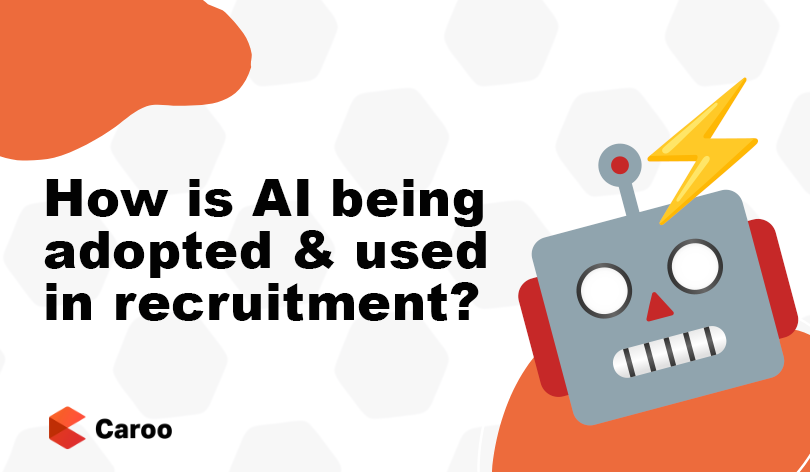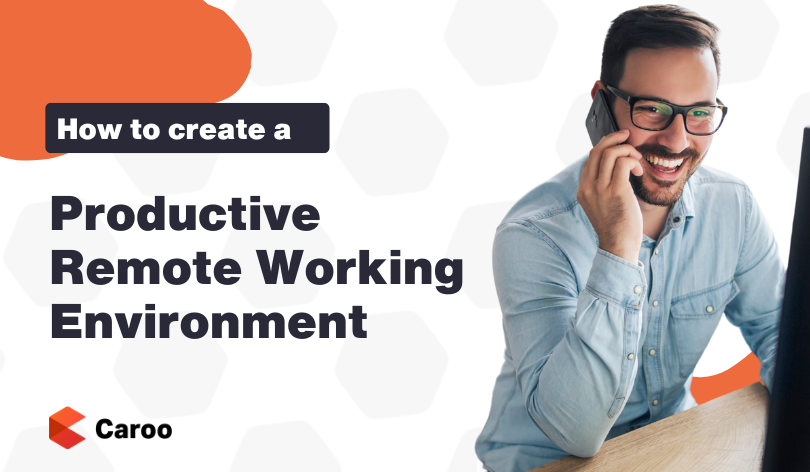Starting a new job can be daunting.
Meeting all of your new colleagues, getting used to the office environment, and, more importantly, getting to grips with your new role can be a challenge.
That’s why a great onboarding experience is key to ensuring new employees feel welcomed, supported, and ready to contribute effectively from day one.
In this blog, we’ll explore 10 key tips to ensure your new employees onboarding runs seamlessly and some of the best practices to make new hires feel at home.
Let’s get stuck in…
Contents of this blog...
- Tip 1 – Pre-onboarding Prep
- Tip 2 – Give your new employee a warm welcome!
- Tip 3 – Setting clear expectations & responsibilities
- Tip 4 – Provide ongoing training & development opportunities
- Tip 5 – Offer regular feedback & performance reviews
- Tip 6 – Company culture integration
- Tip 7 – Access and resources
- Tip 8 – Continuous improvement
- Tip 9 – Learn to celebrate milestones
- Tip 10 – Make sure you hire the right people!
Tip 1 - Prepping for the onboarding experience
The wait before starting a new job can be agonising, especially if your candidate is reconsidering their decision. During this period between receiving the offer letter and their start date, candidates may be susceptible to counter offers from other employers.
Sending welcome letters that outline details of their first day, first week, and first month can provide clarity and help them visualise what to expect.
It’s also a perfect opportunity to ensure any remaining paperwork is completed promptly!

Tip 2 - A Warm Welcome!
Take the time to acquaint your new hire with their surroundings. Dedicate the first couple of days to introducing them to their colleagues before diving into the technical aspects of their role.
In an office setting, start with a brief tour to familiarise them with the building, available facilities, and points of contact for IT support or HR assistance.
For remote setups, schedule dedicated block meetings so your new hire can interact closely with their team members.
While virtual platforms like Teams or Zoom may lack the personal touch of face-to-face interactions, they are invaluable for initial introductions.
For an extra touch, consider organising a simple team-building exercise or after-hours activity to foster camaraderie and a sense of belonging right from the start.
Tip 3 - Setting Expectations
Setting clear expectations for roles and responsibilities during the onboarding experience is crucial for several reasons.
First, it gives new hires a clear understanding of their short-term and long-term goals, showing them how their role fits into the bigger picture.
This clarity reduces misunderstandings and encourages accountability, empowering new hires to take ownership and strive for excellence.
Secondly, clear expectations pave the way for development opportunities and constructive feedback. Managers can assess performance based on agreed-upon responsibilities, using this insight to support ongoing growth.
Combining these benefits, outlining responsibilities from the start sets new hires up for success by providing direction, clarity, and the tools they need to thrive in their role.
Tip 4 - Training & Development
Training is a crucial part of the onboarding experience for several reasons. It’s the perfect time to show new hires the ropes, introducing them to new systems or processes already in place.
To start, set a comfortable pace for training and encourage questions along the way. It’s also worth keeping your eyes peeled for any weaknesses your new hire has so you can support them as you go along.
Moreover, a well structured onboarding provides an opportunity to discuss the new employee’s personal and career development goals. Understanding their aspirations helps you tailor development opportunities that benefit both the employee and the your company in the long term.
Tip 5 - Regular Feedback & Check Ins
Giving regular feedback and scheduling check-ins during the onboarding experience is crucial for providing guidance and support, with 96% of employees stating that regular feedback is positively welcomed.
These interactions help new employees understand their performance and identify areas for improvement, boosting their confidence and development in the new role.
Additionally, frequent check-ins allow you (as a manager) to address any issues or concerns early on. This proactive approach ensures that new hires feel supported and valued, which can lead to higher job satisfaction and retention.

Tip 6 - Embracing Company Culture
Probably one of the most important parts of an onboarding is introducing your new hire to aspects of company culture. Make sure you’re transparent about your company’s values, what a normal day looks like for most employees and expected behaviours from the offset to avoid any confusions down the line.
Furthermore, without knowing what kind of culture your new hire has experienced in the past, you’re going to want to make their transition into their new role as smooth as humanly possible, so make sure you don’t rush this part of the onboarding process.
Take as much time as needed to ensure your employee embeds into their new environment. The last thing you want is your employee feeling like they don’t belong, as 45% of employees with low engagement levels typically indicate a negative shift in company culture.
Tip 7 - Access and Resources
One way you can truly compliment an onboarding process is by investing time and effort into ensuring your new hire has access to information, training manuals & other resources to refer back to as they get used to their new role.
Especially when it comes to processes. Most employees will need some level of continued guidance as the weeks go by.
Depending on how complex some processes or systems may be, it’ll always work in your favour to ensure they have access to things like company intranets, process handbooks or even training hubs for certain systems.
For example, we know that HubSpot offers HubSpot Academy, which is a great learning resource for any new employees who want to get to grips with HubSpot.
Tip 8 - Continuous Improvement
For most new hires, development will be an ongoing thing beyond the onboarding process.
You should aim to continuously develop your new hires.
A good way to do this would be to establish a review/feedback session every six months (or whenever suits) to find out how your new hire is getting on, whether there’s any issues that need addressing and to assess their overall job satisfaction.

It’ll also help you highlight any professional or personal development opportunities you could offer your new hire!
Not only will your retention rates soar, research suggests that companies who offer their employees training and development opportunities are 17% more productive and 21% more profitable!
Tip 9 - Celebrate Milestones
For a new employee, celebrating milestones is everything. Especially when you’ve gone through weeks of training, it can be really rewarding to see all of that hard work pay off!
If your new hires just launched their first campaign or solidified their first sale, sing and shout about it! It’ll make your new employee feel accomplished and bolster their sense of belonging. It can also be an indicator that everything is going right, which might comfort those who need that type of reassurance!
Not only does it make your new hire feel warm and toasty, it also reinforces a positive workplace culture by showing that hard work and determination is something that’s openly celebrated.
Tip 10 - Hire the Right People!
If the role you’re hiring for is business critical or you just want to hit the ground running, the onboarding process can be made easier by choosing the right hire.
There are certain qualities you should look out for such as their willingness to learn, their agility when picking up new systems or processes or generally how engaged your new hire might be.
If you’re not sure what to look out for, there’s plenty of low cost UK recruitment agencies out there that know exactly what to for in a new hire.
Not only that, a performance recruitment agency will be able to uniquely assess the needs and requirements of your business by finding out what type of person you’re looking for and matching these qualities to the ideal candidate.
If you’re still unsure, you’re not confident or you just want to outsource the hiring process to an agency that’ll hold your requirements in high regards, why not hire with Caroo?
We specialise in sales, marketing, tech and finance recruitment, so whatever your hiring requirements are, hit the button below and let’s talk!






